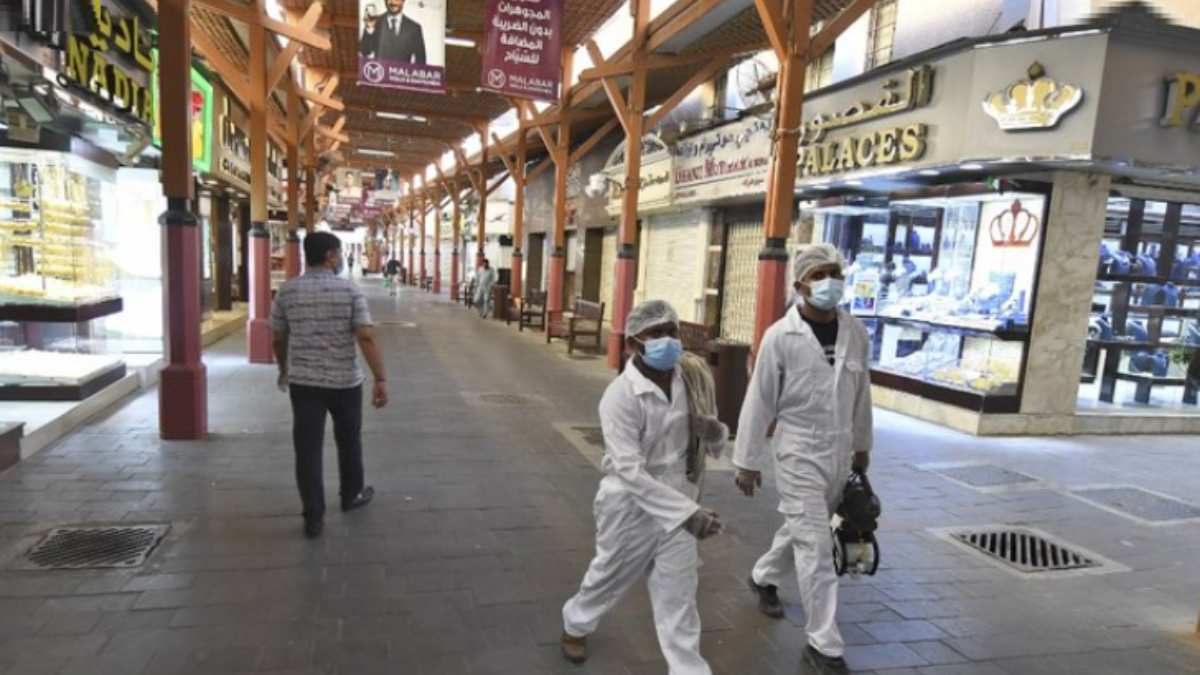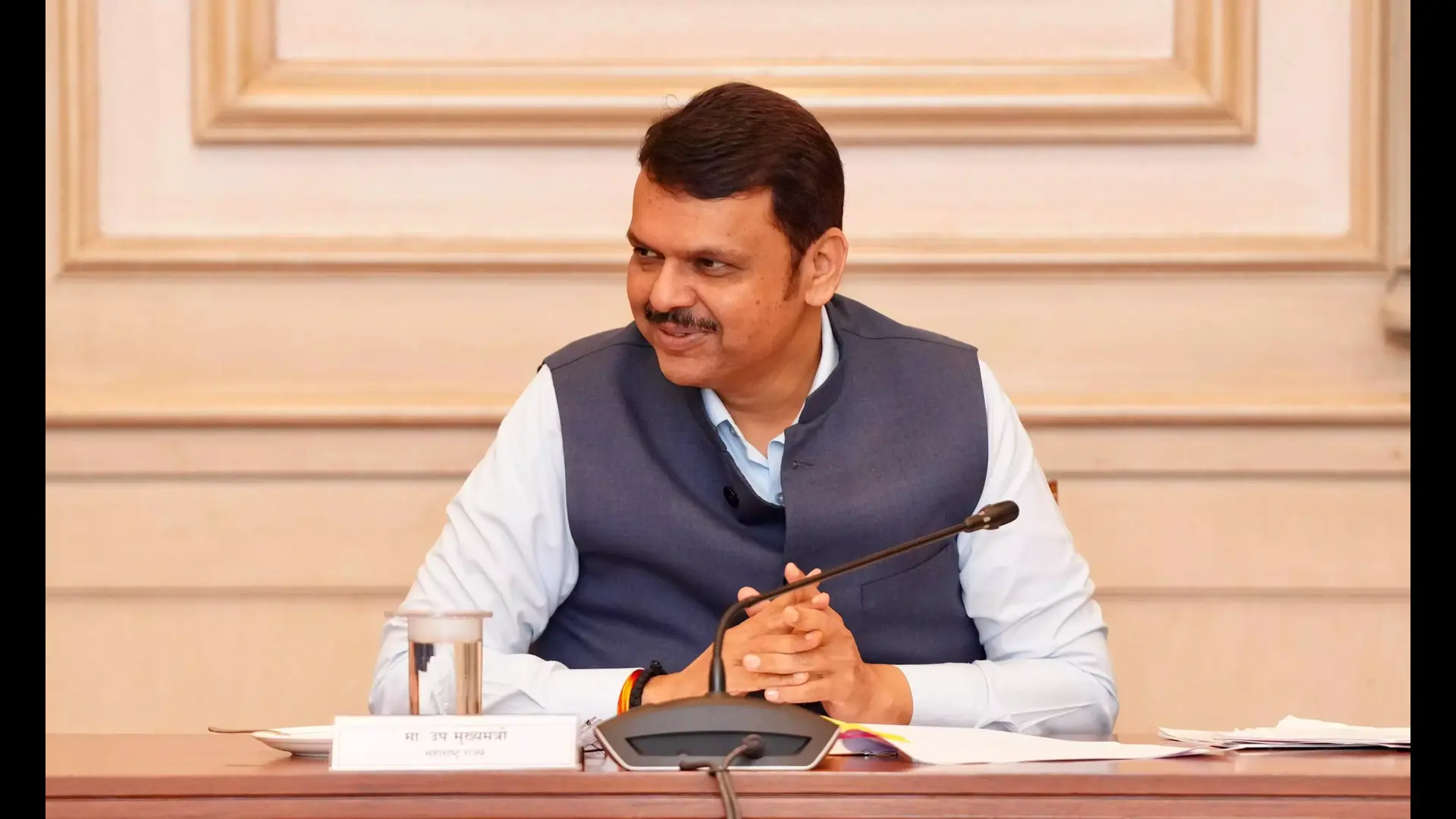
At a time when the country is opening up after a debilitating blow inflicted on the economy by an over two-month-long lockdown, there must be consensus that India will not go down the path of another lockdown, even if there is a huge spike in coronavirus cases. The prolonged lockdown did help the Central and state governments to ramp up healthcare facilities to a certain level. Even then, there is no denying the hammer blow dealt to an already faltering economy in the process. Hence, an “automatic” reaction to the spike in the number of cases being a stringent lockdown is best avoided, although states like Tamil Nadu have already imposed an “intense” 12-day lockdown on Chennai and nearby districts. It is expected that at the meeting the Prime Minister will have with the state Chief Ministers, at least some states will insist on not easing several restrictions. It is hoped that instead they should be seeking guidance on how they can contain the spread of the virus while keeping economic activity alive. For instance, Uttar Pradesh has told the court that it is against opening up of the borders that its cities share with Delhi, because over 40% of the cases in these cities have their origin in the national capital. So what if many business and commercial establishments have opened in the whole of Delhi-NCR and ease of movement is one of the basic criteria needed for economic activity to get back to normal! Surely there are better ways of handling the problem. As it is, in spite of opening up, things are far from being normal in most states, with the lack of public transport proving to be a major hurdle. Take the example of app cabs—they are running in certain cities, but not in others. For some strange reason, one particular city, which is allowing app autorickshaws to run, is not allowing neighbourhood autorickshaws to ply. And where markets are being allowed to open, their days of opening are being regulated severely, thus defeating the whole purpose of “unlocking”.
These problems arise primarily because Indian bureaucrats thrive in flexing their bureaucratic muscles and the lockdown has given them immense opportunity to come up with rules and regulations where the natural tendency is to control, to regulate. In such circumstances, it is heartening that states such as Delhi and Gujarat have said that they would not go for further lockdowns, however steep the spike. In the case of Delhi, it is commendable that the Centre and the state have joined hands to tackle the virus. Now is not the time for politics and it is good that all talk about “Delhi will see a shortfall of beds because outsiders are being allowed to be treated here” is now in the past. Now is the time to ramp up the testing. The more India tests, the higher the numbers will be—that is the nature of the disease. But even as our numbers increase manifold, a whole lot of other factors need to be looked into—the percentage of infected people when compared to the whole population and the mortality rate, both of which are very low; the severity of the infection, often very mild; and the recovery rate, which is very high. There is one more thing that needs to be looked into right away and that is the exorbitant rates—in the range of Rs 8-10 lakh—being charged by many private hospitals to treat corona cases. If anything needs to be regulated, it is this. The effort should now be on finding innovative ways and means of ensuring that the vast majority of this country remains unaffected from the virus even as they go about their daily lives.














